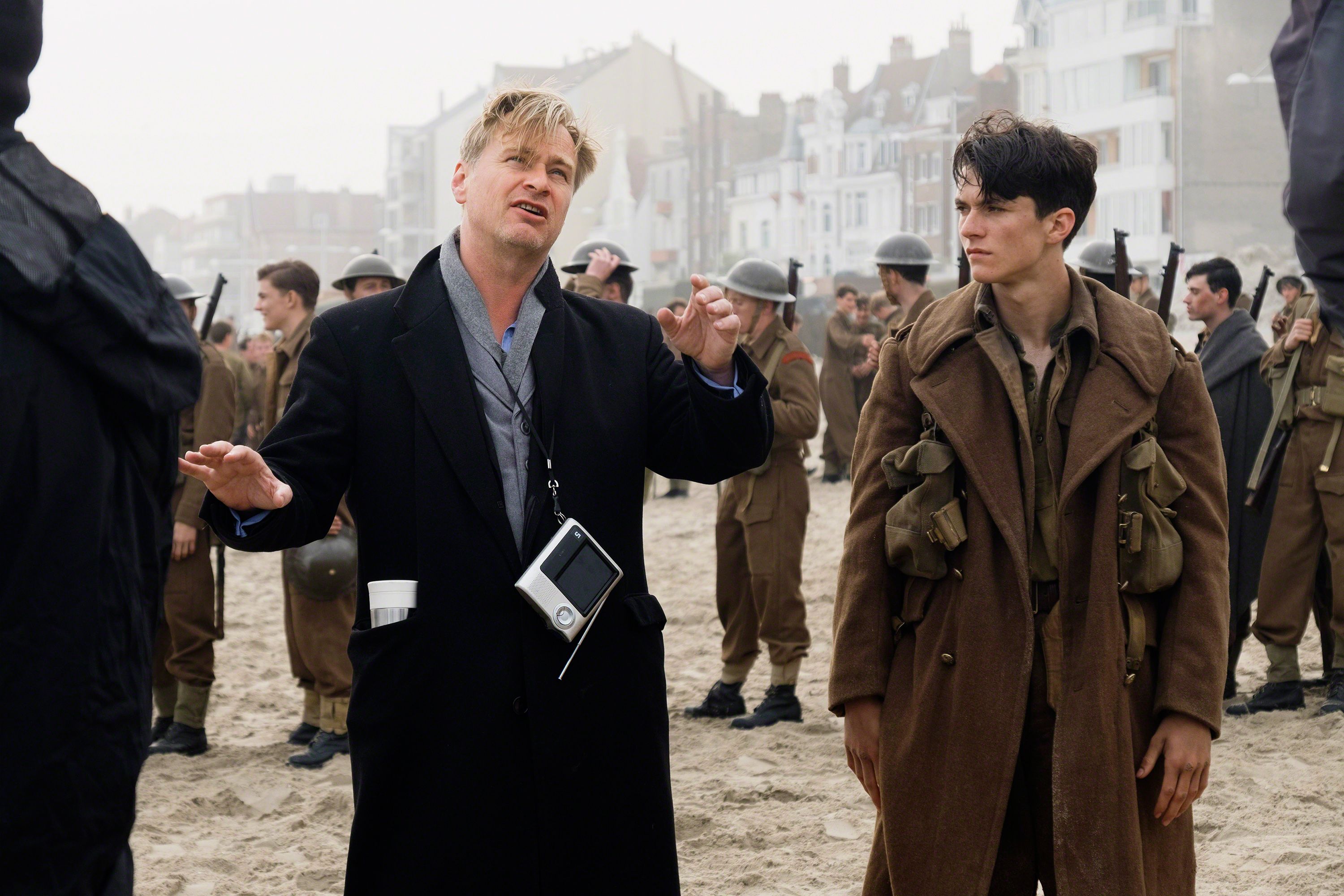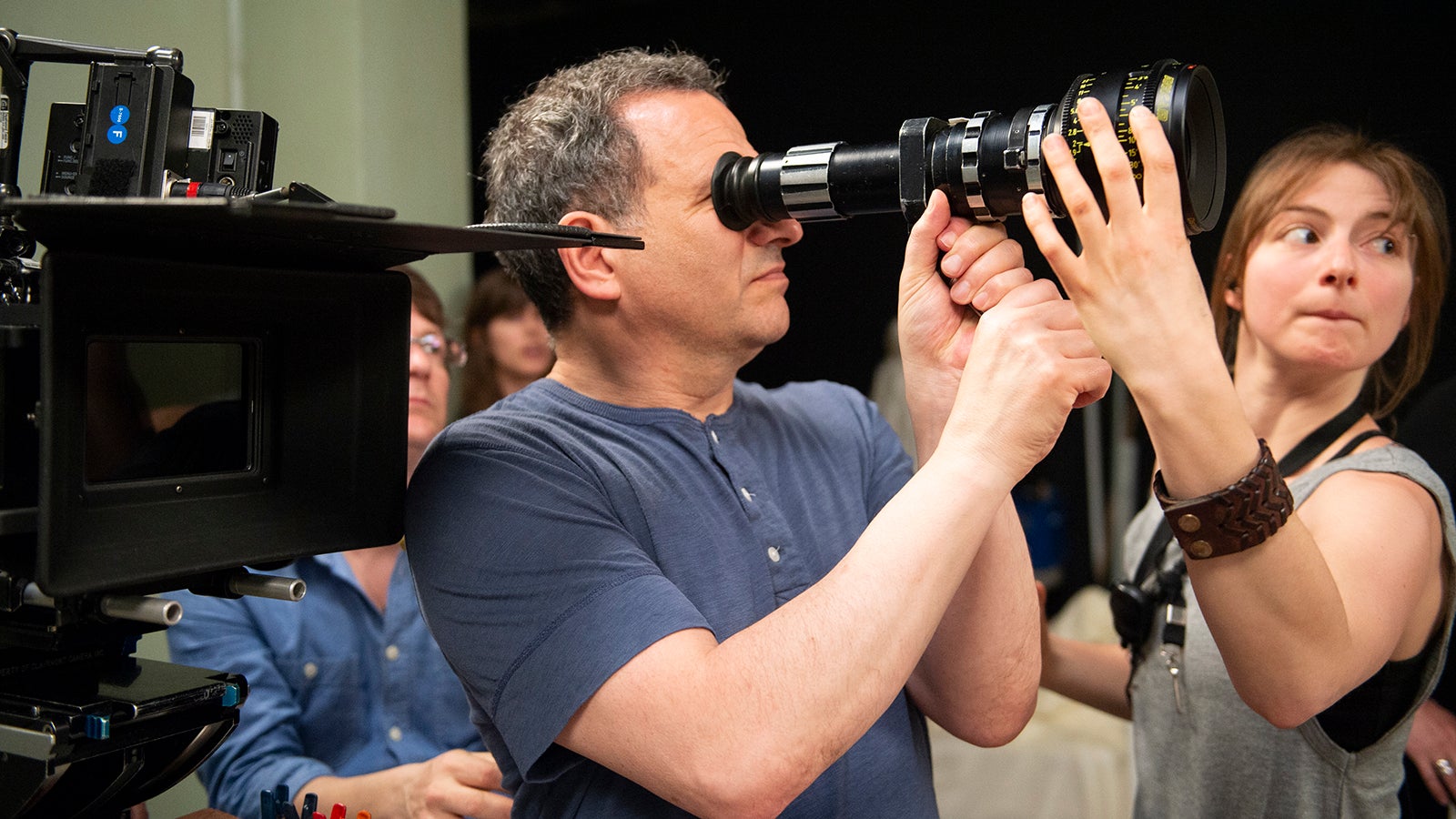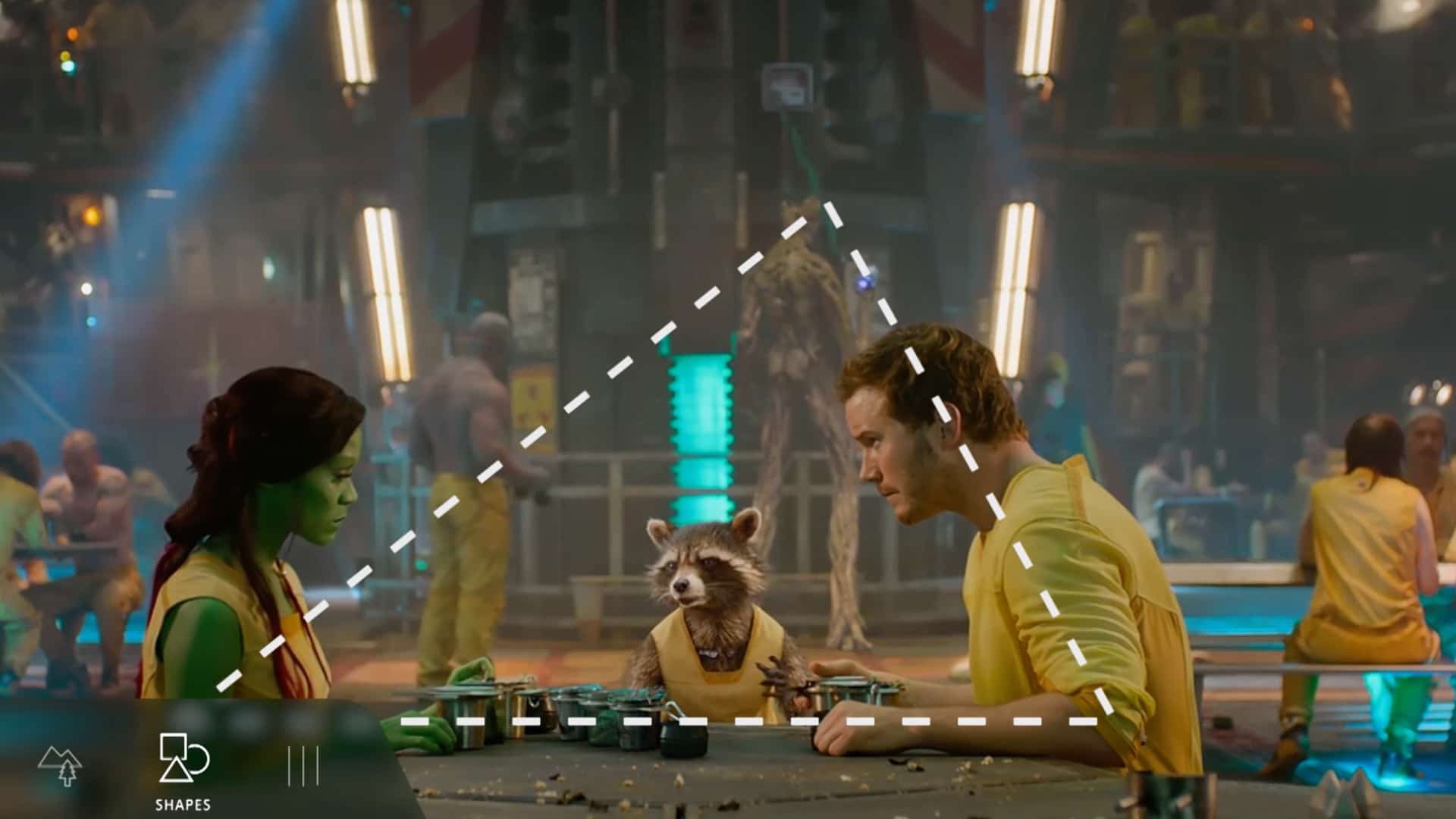4. Christopher Nolan: Practical Effects and Innovative Techniques
Christopher Nolan’s collaboration with cinematographer Wally Pfister, and later Hoyte van Hoytema, has resulted in some of the most visually stunning films of the modern era. Nolan’s preference for practical effects and in-camera techniques over CGI gives his films a tangible, immersive quality. In “Inception,” the use of rotating sets and inventive camera work brought the dream sequences to life, blending reality and illusion seamlessly.
Advertisement

The Collaborative Process: Director and Cinematographer
The relationship between a director and a cinematographer is pivotal in achieving the desired visual style. This collaboration involves several key aspects:

Pre-Production Planning
During pre-production, directors and cinematographers discuss the film’s visual concept, referencing artwork, photographs, and other films to establish the desired aesthetic. They develop storyboards and shot lists to plan the visual approach for each scene.

Visual Language and Themes
Directors use cinematography to reinforce the film’s themes and emotional beats. Camera angles, shot composition, and lighting all play a role in conveying the story’s underlying messages. For example, low-angle shots can emphasize a character’s power, while high-angle shots can make them appear vulnerable.

Camera Movement and Blocking
Camera movement and blocking are essential tools for visual storytelling. Directors and cinematographers choreograph camera movements to guide the audience’s focus and enhance the narrative flow. In “Children of Men,” Alfonso Cuarón and cinematographer Emmanuel Lubezki’s use of long takes and fluid camera movements created an immersive, real-time experience.


